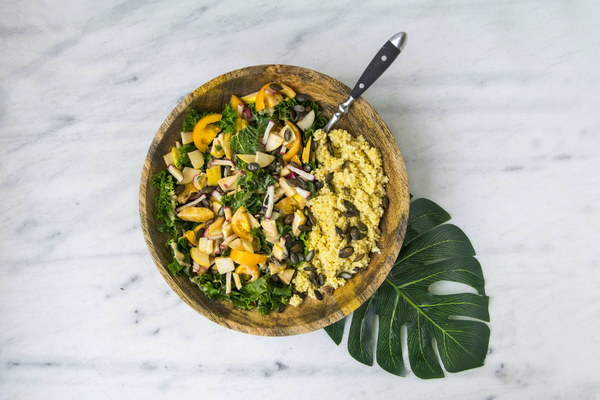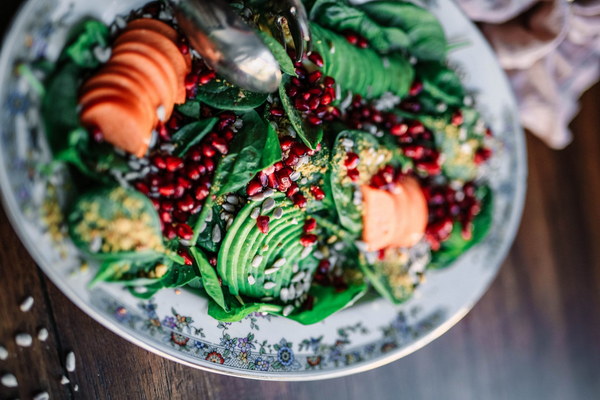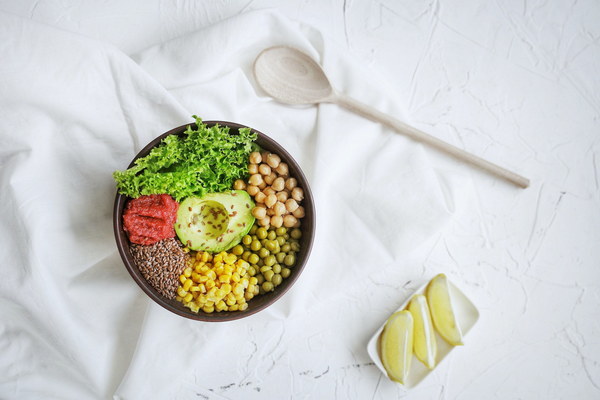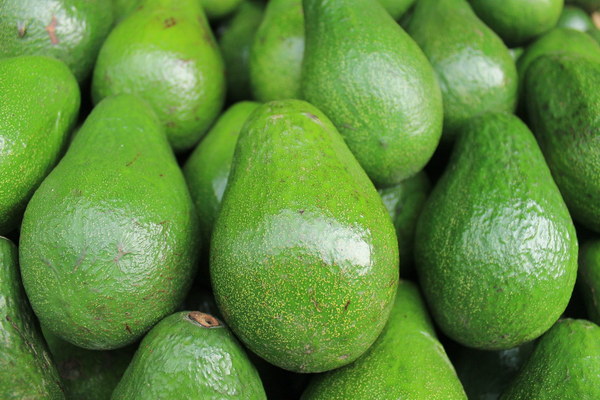Nourishing DNA for Pregnant Women A Guide to Optimal Nutrition During Pregnancy
Introduction:
Pregnancy is a crucial time in a woman's life when her body undergoes significant changes to support the growth and development of her baby. One of the most important aspects of maintaining a healthy pregnancy is ensuring adequate nutrition. Nourishing the body with the right nutrients can promote the health of both mother and baby, as well as support the baby's DNA development. This article will explore the importance of nutrition during pregnancy, focusing on DNA health and the best food sources to support it.
The Role of Nutrition in DNA Development:
During pregnancy, the baby's DNA is formed and developed, making it essential for the mother to consume a balanced diet rich in nutrients. Nutrients such as vitamins, minerals, and antioxidants play a vital role in supporting DNA health, as they help to protect the genetic material from damage and ensure proper cell division.
1. Folic Acid:
Folic acid is a B-vitamin that is crucial for DNA synthesis and repair. It is particularly important during the first trimester of pregnancy when the baby's neural tube is developing. Adequate folic acid intake can reduce the risk of neural tube defects and support healthy DNA development. Food sources rich in folic acid include leafy green vegetables, citrus fruits, legumes, and fortified cereals.
2. Omega-3 Fatty Acids:
Omega-3 fatty acids, such as DHA and EPA, are essential for the development of the baby's brain, eyes, and nervous system. These fats also play a role in DNA stability and protection against oxidative stress. Good sources of omega-3 fatty acids include fatty fish (such as salmon, mackerel, and sardines), flaxseeds, chia seeds, and walnuts.
3. Vitamin D:
Vitamin D is essential for calcium absorption and bone health, but it also plays a role in DNA synthesis and repair. Adequate vitamin D levels can help prevent conditions such as rickets and osteoporosis in both mother and baby. Food sources of vitamin D include fatty fish, fish liver oils, egg yolks, and fortified milk and cereals.
4. Antioxidants:
Antioxidants, such as vitamin C, vitamin E, and selenium, protect DNA from oxidative damage caused by free radicals. Consuming a diet rich in antioxidants can help maintain DNA integrity and support overall health. Good sources of antioxidants include berries, oranges, nuts, seeds, and whole grains.
5. Protein:
Protein is the building block of cells and is essential for the growth and development of the baby's body and tissues. It also plays a role in DNA replication and repair. Good sources of protein include lean meats, poultry, fish, eggs, dairy products, legumes, and tofu.
6. Iron:

Iron is crucial for the production of hemoglobin, which carries oxygen throughout the body. During pregnancy, iron requirements increase to support the growing fetus and prevent iron-deficiency anemia. Iron-rich foods include red meat, poultry, fish, beans, lentils, and fortified cereals.
Conclusion:
Maintaining a balanced diet rich in essential nutrients is essential for the health of both mother and baby during pregnancy. By focusing on DNA health, pregnant women can ensure the proper development of their baby's genetic material. Incorporating a variety of nutrient-dense foods into their diet, such as those rich in folic acid, omega-3 fatty acids, vitamin D, antioxidants, protein, and iron, can help support optimal DNA development and contribute to a healthy pregnancy. Remember to consult with a healthcare provider for personalized dietary recommendations and to address any nutritional concerns.









